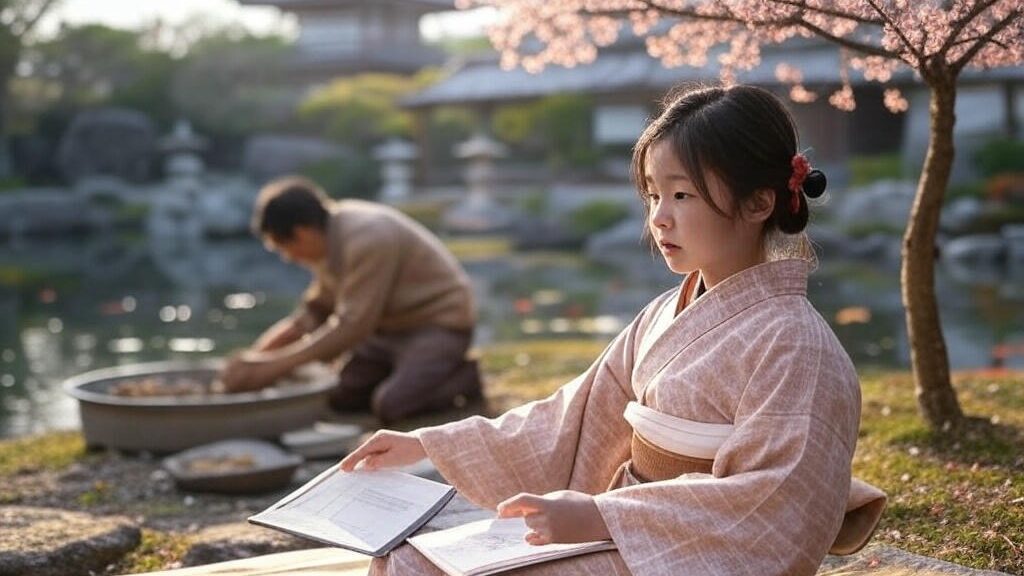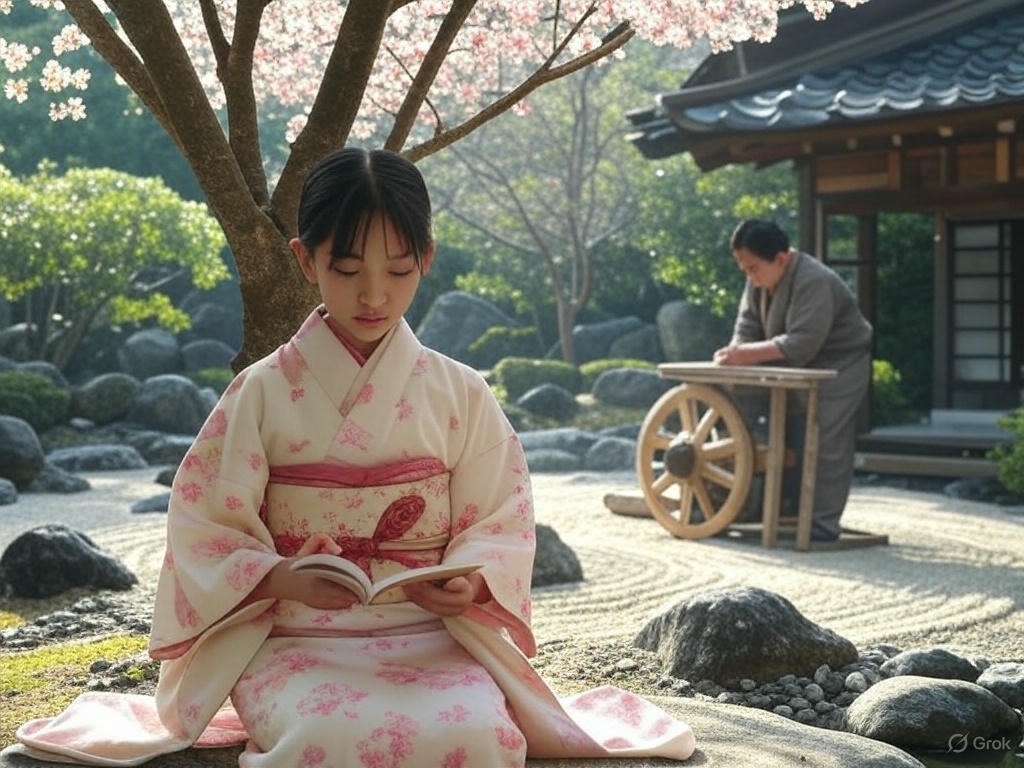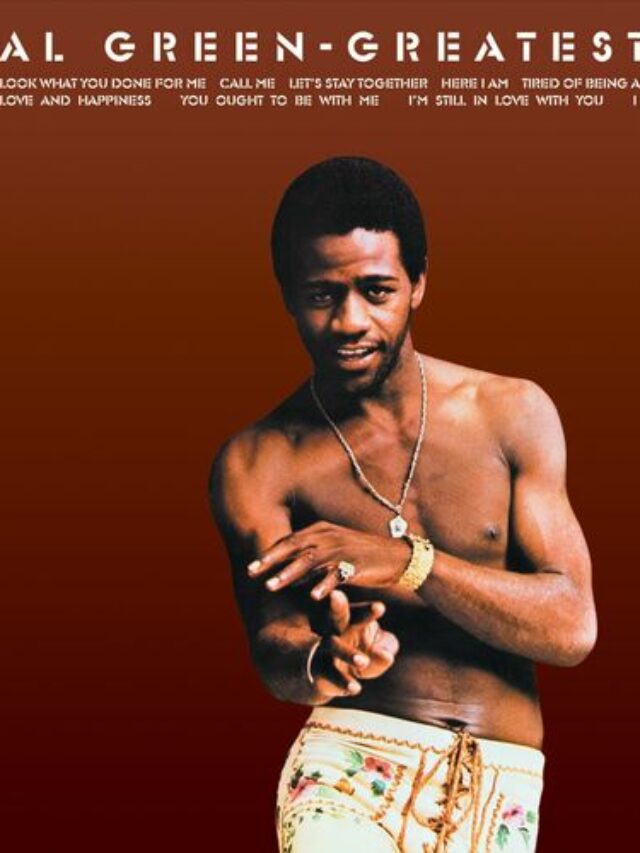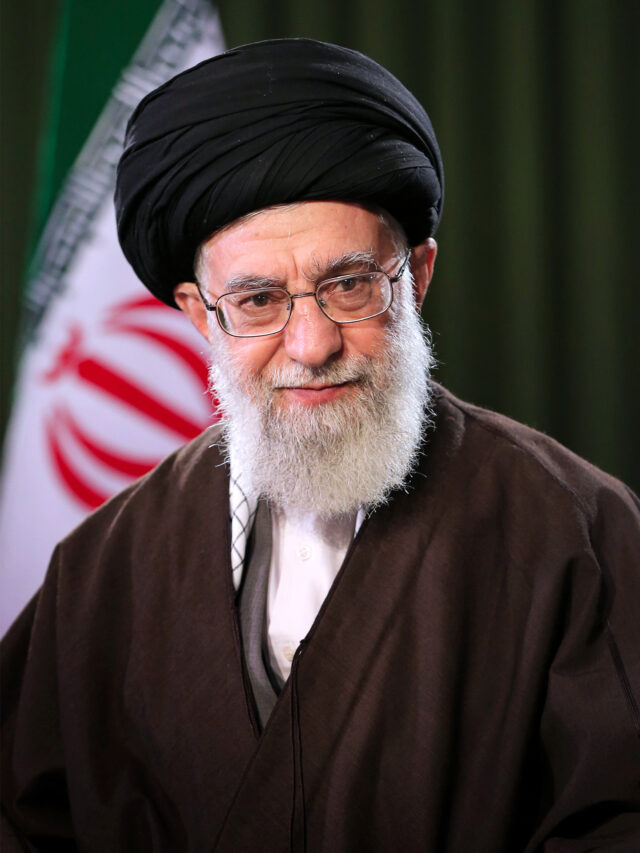

In a world obsessed with quick fixes and instant success, a 700-year-old Japanese philosophy is quietly making waves, promising something far more profound: mastery. It’s called Geido, a timeless concept rooted in the Land of the Rising Sun, where art, discipline, and the human spirit intertwine. Imagine a life where every skill you hone—be it painting, coding, or even parenting—becomes a deeply personal journey of growth. This isn’t just another self-help trend; it’s a way of being that has shaped generations of artisans and could now shape you.
The Roots of Geido: A Legacy of Art and Soul
The Economic Times recently shed light on this ancient practice, revealing how this philosophy—literally “the way of art”—offers a roadmap to excellence in an age of distraction. At its core, Geido isn’t about perfection in the traditional sense. It’s about process, patience, and the soul-stirring beauty of becoming. Picture a potter at her wheel, hands caked in clay, each turn a meditation, each flaw a lesson. That’s Geido: a dance between effort and surrender, where the journey itself is the reward. For centuries, Japanese masters—from tea ceremony practitioners to swordsmiths—have lived by this philosophy, which emerged over 700 years ago, steeped in Zen Buddhism and a cultural reverence for craftsmanship.
Why This Philosophy Matters Today: A Cure for the Modern Malaise
But don’t let its age fool you; Geido feels tailor-made for today’s restless hearts. In a survey by LinkedIn last year, 73% of professionals admitted feeling stuck in their careers, yearning for meaning beyond the paycheck. Could this ancient wisdom hold the key to breaking free? At its essence, this philosophy teaches that mastery isn’t a destination—it’s a lifelong commitment to refinement. Take Hiroshi, a 54-year-old calligrapher from Kyoto. He’s spent 40 years perfecting his brushstrokes, yet he still calls himself a student. “Every line I draw is a mirror,” he says, his voice soft but resolute. “It shows me who I am, where I falter, where I grow.” His story tugs at something universal: the quiet ache to be better, not just for applause, but for ourselves.
Bringing This Philosophy to Life: A Practical Path to Mastery

So, how does this philosophy translate to modern life? It starts with intention. Whether you’re a software developer debugging code or a teacher shaping young minds, Geido invites you to approach your craft with reverence. It’s not about rushing to the finish line but savoring the small victories—the bug fixed after hours of trial, the student’s shy smile when they finally understand. These moments, Geido whispers, are where true mastery lives. The philosophy hinges on three pillars: discipline, mindfulness, and harmony. Discipline isn’t harsh; it’s a gentle rhythm. Mindfulness keeps you present. Harmony aligns your inner self with your work, creating a kind of alchemy that turns effort into transcendence.
Real Stories, Real Change: This Philosophy in Action
For Sarah Mitchell, a 32-year-old graphic designer from Seattle, Geido was a lifeline. Burned out from chasing deadlines and client demands, she stumbled across this philosophy during a late-night scroll. “I was drowning in stress,” she recalls, her voice catching. “But this philosophy taught me to slow down, to see my work as a reflection of me—not just a paycheck.” She began treating each design like a ritual, pouring herself into it. The result? Not just better art, but a renewed sense of purpose. Her story isn’t unique—across the globe, people are rediscovering the power of deliberate, heartfelt effort.
This Philosophy’s Challenge: A Timeless Answer to a Modern World
Critics might scoff, calling Geido impractical in a fast-paced world. Why spend years mastering something when AI can do it faster? Yet that misses the point. This philosophy isn’t about efficiency; it’s about humanity. It’s the lump in your throat when you finish a project that bears your soul. It’s the pride in knowing you didn’t just do it—you lived it. As we navigate a future of uncertainty—economic shifts, technological leaps, personal doubts—this philosophy offers an anchor. It’s a call to reclaim agency over our skills, to find joy in the struggle, to craft lives as deliberate and beautiful as a haiku. So, the next time you pick up a pen, a tool, or even a dream, ask yourself: What would it mean to master this, not for the world, but for me? In that question lies the heart of Geido—and perhaps the secret to a life well-lived.






